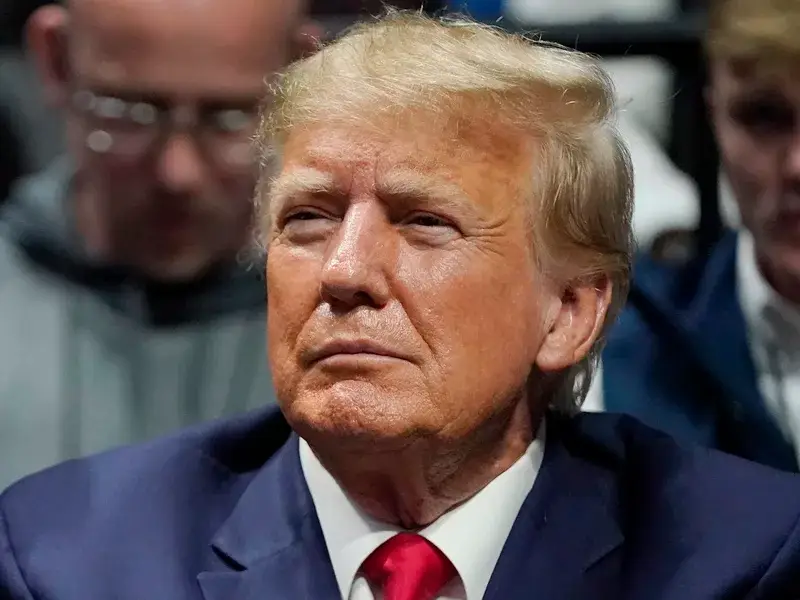Former U.S. President Donald Trump’s proposed tax reforms and tariffs could trouble Nigeria’s economy, particularly its banking sector and foreign direct investment (FDI).
As Trump eyes reducing the U.S. corporate tax rate from 21% to 15%, experts warn of a potential repeat of the economic fallout seen after his 2017 Tax Cuts and Jobs Act.
That policy spurred U.S. firms to repatriate $777 billion, leading to a sharp decline in Nigeria’s FDI, from $4.65 billion in 2017 to $2.23 billion in 2018.
Business Day reports that the dual threat of tariffs and tax cuts risks disrupting key Nigerian industries like oil and agriculture, which heavily rely on international trade and financial backing.
Nigerian banks, already pressured by liquidity challenges, face reduced capital inflows and heightened risks.
However, experts argue that banks could adapt by offering diversified products and leveraging Africa’s growing financial importance.
Abayomi Fashina, a finance and tax expert, noted that Nigerian banks could still thrive by offering tax-efficient financial products and taking proactive steps to diversify their portfolios.
However, he stated that the key to success lies in agility, strong risk management, and leveraging opportunities arising from these policy changes.
He added that Nigerian banks could mitigate these risks and seize emerging opportunities in Africa’s growing financial landscape, by positioning themselves to meet the needs of U.S. firms seeking diversification.
He further stated that Nigerian banks could be critical in the evolving global economic environment.



